- Browse
- Science
Science Courses
Science courses can help you learn fundamental concepts in biology, chemistry, physics, and environmental science, as well as applied areas like genetics, chemical reactions, and renewable energy technologies. You can build skills in experimental design, data analysis, and critical thinking, enabling you to interpret scientific findings effectively. Many courses introduce tools such as lab equipment, statistical software, and simulation programs, that support conducting experiments and analyzing results in various scientific fields.
Popular Science Courses and Certifications
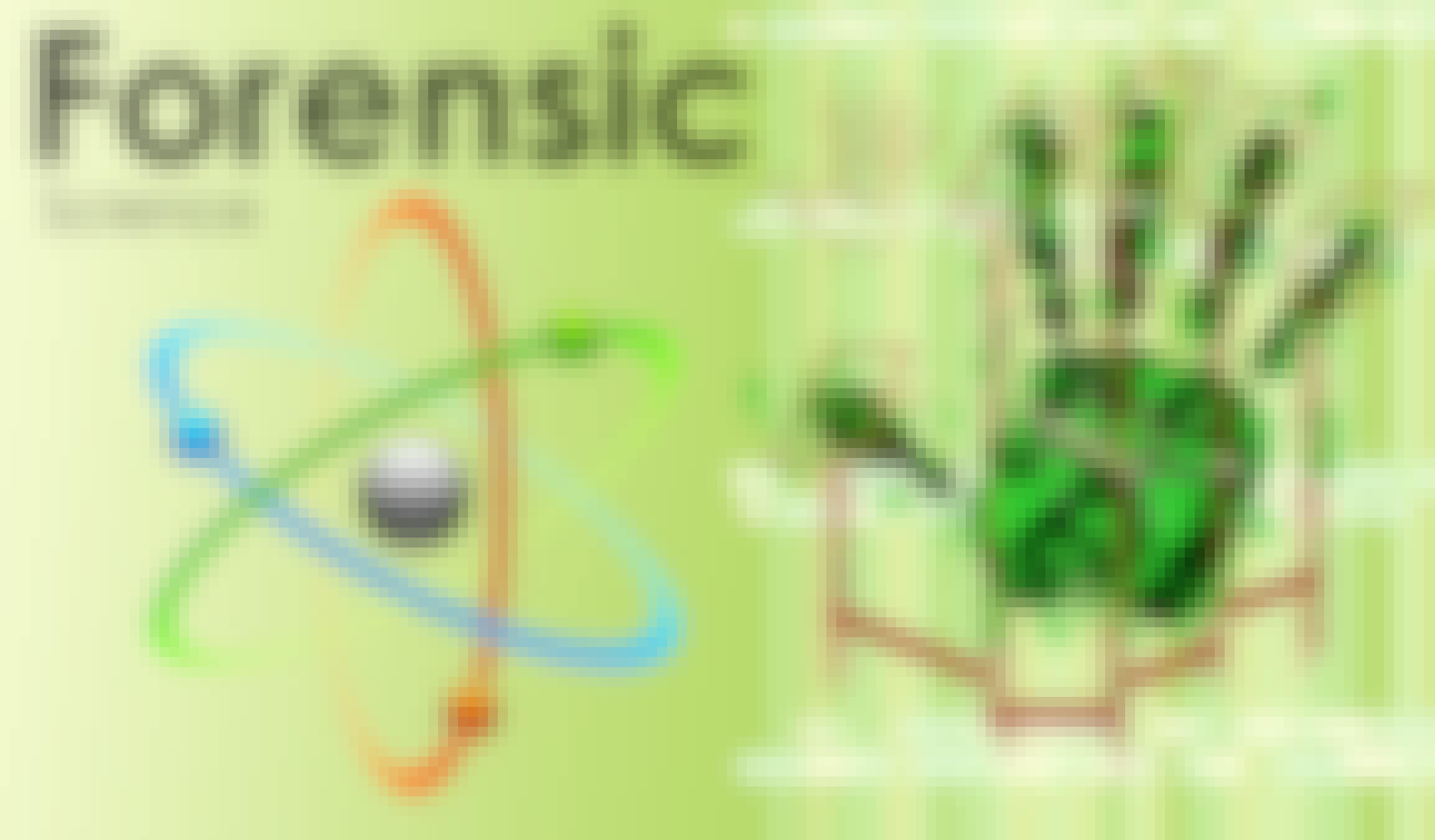 Status: PreviewPreviewN
Status: PreviewPreviewNNanyang Technological University, Singapore
Skills you'll gain: Criminal Investigation and Forensics, Scientific Methods, Chemistry, Blood Collection, Investigation, Case Studies, Biochemistry, Analytical Chemistry, Pharmacology, Laboratory Testing, Pathology, Molecular Biology, Deductive Reasoning, Estimation
4.9·Rating, 4.9 out of 5 stars2.8K reviewsMixed · Course · 1 - 3 Months
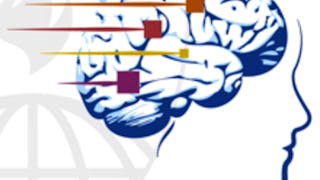 Status: Free TrialFree TrialJ
Status: Free TrialFree TrialJJohns Hopkins University
Skills you'll gain: Shiny (R Package), Rmarkdown, Exploratory Data Analysis, Model Evaluation, Regression Analysis, Version Control, Statistical Analysis, R Programming, Data Manipulation, Data Cleansing, Data Science, Statistical Inference, Predictive Modeling, Statistical Hypothesis Testing, Machine Learning Algorithms, Plotly, Plot (Graphics), Interactive Data Visualization, Machine Learning, GitHub
4.5·Rating, 4.5 out of 5 stars51K reviewsBeginner · Specialization · 3 - 6 Months
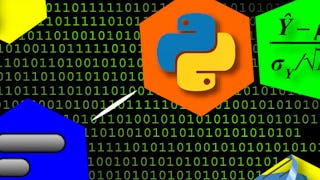 Status: Free TrialFree TrialJ
Status: Free TrialFree TrialJJohns Hopkins University
Skills you'll gain: Bioinformatics, Unix Commands, Biostatistics, Exploratory Data Analysis, Statistical Analysis, Unix, Data Science, Data Management, Statistical Methods, Command-Line Interface, Statistical Hypothesis Testing, Linux Commands, Data Analysis Software, Data Quality, Data Structures, Data Analysis, Computer Science, Molecular Biology, R Programming, Python Programming
4.5·Rating, 4.5 out of 5 stars6.8K reviewsIntermediate · Specialization · 3 - 6 Months
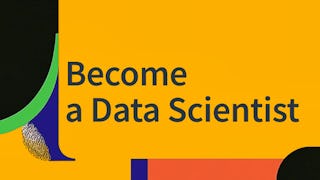 Status: Free TrialFree TrialStatus: AI skillsAI skillsI
Status: Free TrialFree TrialStatus: AI skillsAI skillsIIBM
Skills you'll gain: Data Storytelling, Dashboard, Data Presentation, Data Visualization Software, Web Scraping, Data Visualization, Exploratory Data Analysis, SQL, Unsupervised Learning, Interactive Data Visualization, Supervised Learning, Model Evaluation, Data Analysis, Jupyter, Data Manipulation, Data Literacy, Plotly, Generative AI, Professional Networking, Data Import/Export
Build toward a degree
4.6·Rating, 4.6 out of 5 stars150K reviewsBeginner · Professional Certificate · 3 - 6 Months
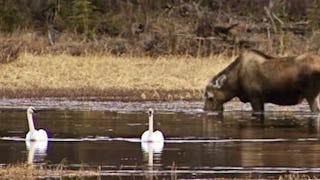 Status: Free TrialFree TrialD
Status: Free TrialFree TrialDDartmouth College
Skills you'll gain: Environment, Environmental Issue, Environmental Science, Sustainable Development, Biology, Hydrology, Water Quality, Systems Thinking, Water Resource Management, Energy and Utilities, Physics, Climate Change Mitigation, Chemistry
4.7·Rating, 4.7 out of 5 stars339 reviewsBeginner · Course · 1 - 4 Weeks
 Status: Free TrialFree Trial
Status: Free TrialFree TrialSkills you'll gain: Laboratory Experience, Quality Control, Product Development, Packaging and Labeling, Quality Assurance, Laboratory Equipment, Prototyping, Product Quality (QA/QC), New Product Development, Statistical Process Controls, Laboratory Procedures, Product Design, Good Manufacturing Practices, Quality Management, Design Specifications, Chemistry, Biology, Healthcare Ethics, Physiology, Safety Standards
4.7·Rating, 4.7 out of 5 stars556 reviewsBeginner · Specialization · 3 - 6 Months
What brings you to Coursera today?
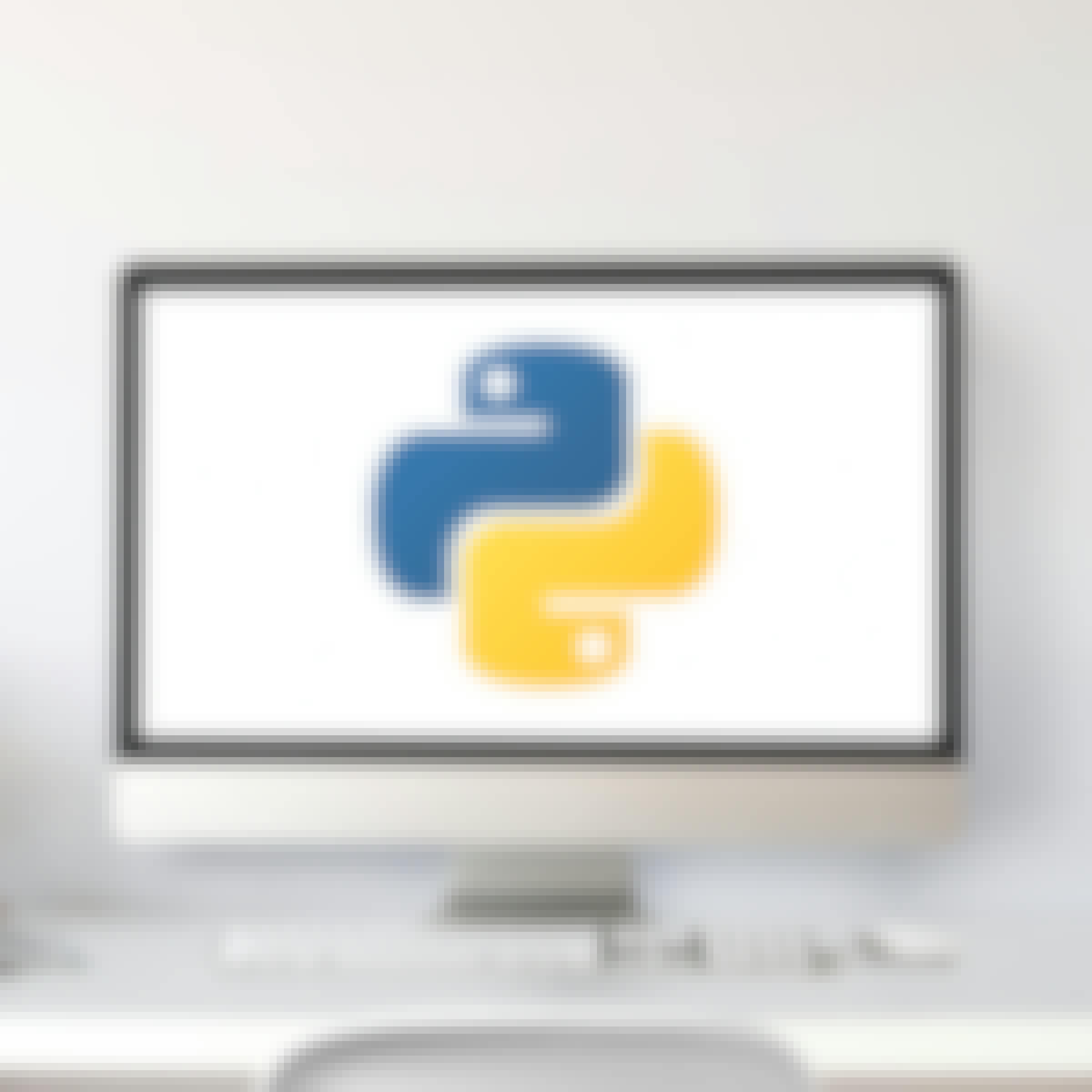 Status: Free TrialFree Trial
Status: Free TrialFree TrialSkills you'll gain: Data Import/Export, Programming Principles, Web Scraping, File I/O, Python Programming, Jupyter, Data Structures, Pandas (Python Package), Data Manipulation, JSON, Computer Programming, Restful API, NumPy, Object Oriented Programming (OOP), Application Programming Interface (API), Automation, Data Analysis
4.6·Rating, 4.6 out of 5 stars43K reviewsBeginner · Course · 1 - 3 Months
 Status: PreviewPreviewY
Status: PreviewPreviewYYale University
Skills you'll gain: Growth Mindedness, Health And Wellness Coaching, Behavioral Health, Positive Behavior Support, Goal Setting, Cognitive Behavioral Therapy, Resilience, Psychology, Social Skills, Mindfulness
4.9·Rating, 4.9 out of 5 stars40K reviewsMixed · Course · 1 - 3 Months
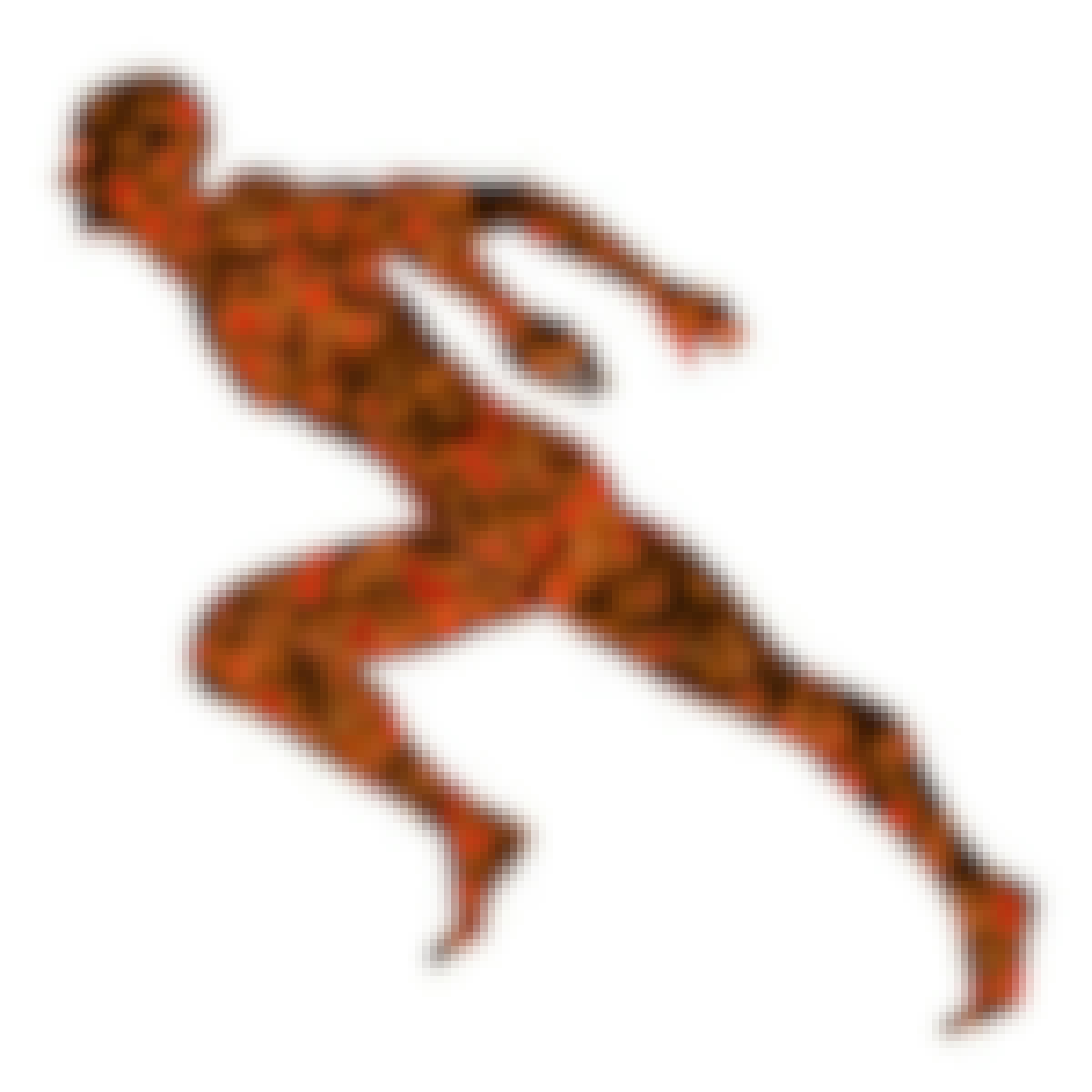 Status: PreviewPreviewU
Status: PreviewPreviewUUniversity of Colorado Boulder
Skills you'll gain: Exercise Science, Kinesiology, Physiology, Sports Medicine, Nutrition and Diet, Pharmacology, Public Health and Disease Prevention, Immunology, Preventative Care, Respiration, Athletic Training, Endocrinology, Chronic Diseases, Vital Signs, Biochemistry, Public Health, Mental Health
4.8·Rating, 4.8 out of 5 stars4.7K reviewsBeginner · Course · 1 - 4 Weeks
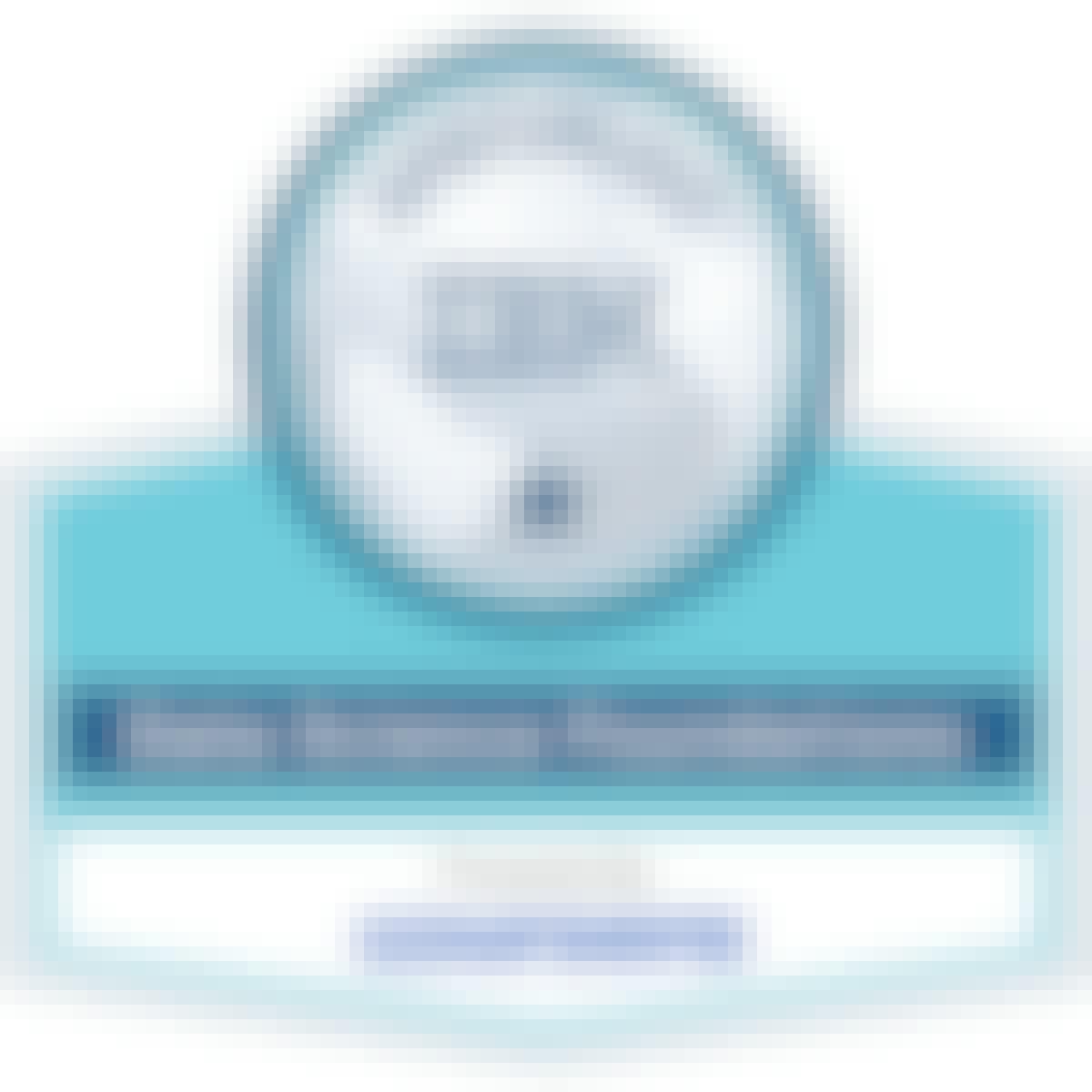 Status: Free TrialFree Trial
Status: Free TrialFree TrialSkills you'll gain: SQL, Jupyter, Data Literacy, Data Mining, R (Software), Data Modeling, Relational Databases, Stored Procedure, R Programming, Model Deployment, Databases, Data Science, Big Data, Query Languages, GitHub, Data Visualization Software, Data Preprocessing, Data Cleansing, Cloud Computing, Python Programming
Build toward a degree
4.6·Rating, 4.6 out of 5 stars102K reviewsBeginner · Specialization · 3 - 6 Months
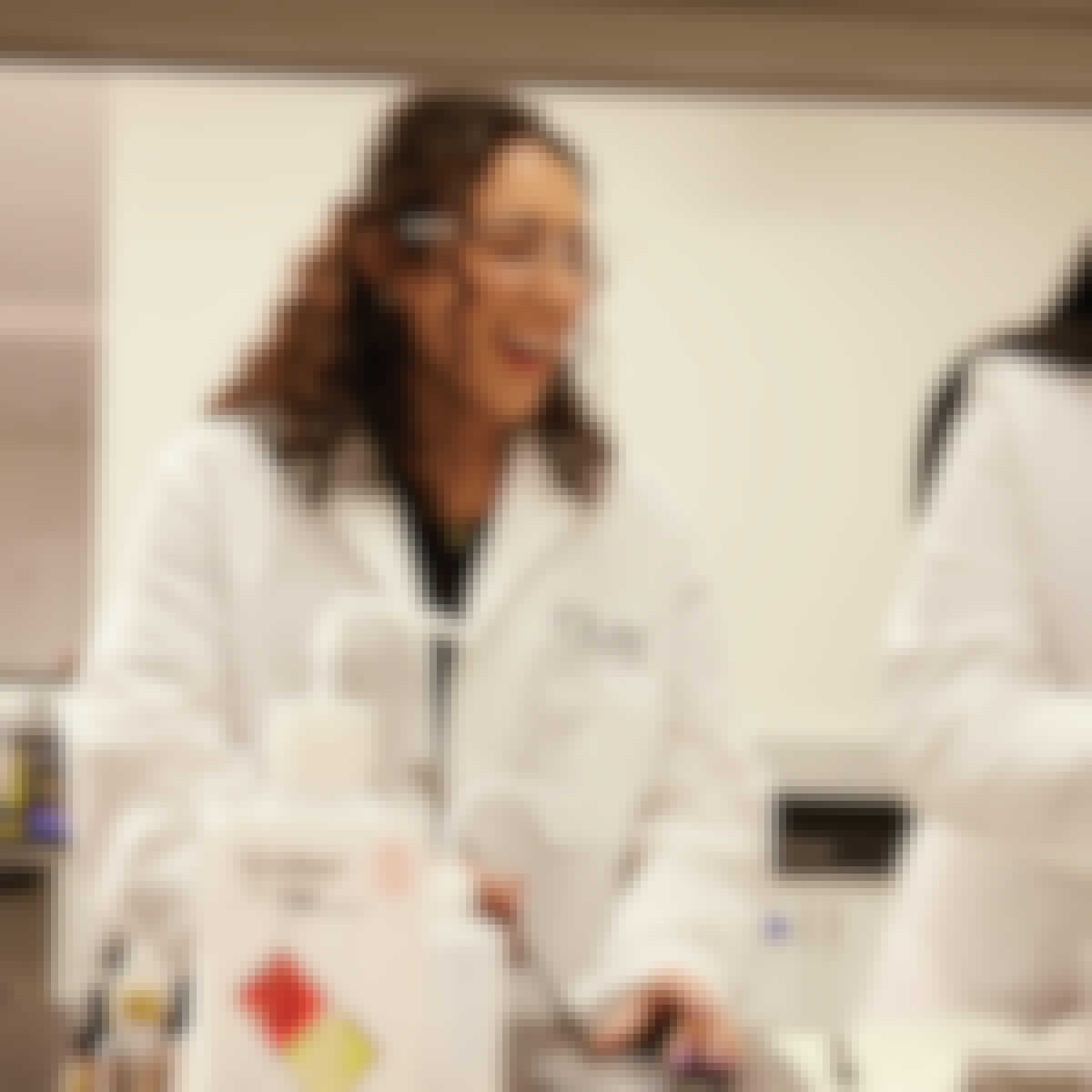 Status: Free TrialFree Trial
Status: Free TrialFree TrialSkills you'll gain: Chemistry, Biology, Healthcare Ethics, Physiology, Safety Standards, Microbiology, Personal Care, Regulatory Compliance, Sustainability Standards, Product Development, Consumer Behaviour
4.7·Rating, 4.7 out of 5 stars336 reviewsBeginner · Course · 1 - 3 Months
 Status: Free TrialFree TrialD
Status: Free TrialFree TrialDDartmouth College
Skills you'll gain: Environment, Environmental Issue, Environmental Science, Demography, Energy and Utilities, Sustainable Development, Biology, Hydrology, Environmental Engineering, Water Quality, Nutrition and Diet, Oil and Gas, Electric Power Systems, Systems Thinking, Water Resource Management, Natural Resource Management, Sustainable Technologies, Physics, Climate Change Mitigation, Chemistry
4.7·Rating, 4.7 out of 5 stars438 reviewsBeginner · Specialization · 1 - 3 Months
In summary, here are 10 of our most popular science courses
- Introduction to Forensic Science: Nanyang Technological University, Singapore
- Data Science: Johns Hopkins University
- Genomic Data Science: Johns Hopkins University
- IBM Data Science: IBM
- Environmental Science: Dartmouth College
- Introduction to Cosmetic Science and Ingredients: Olay
- Python for Data Science, AI & Development: IBM
- The Science of Well-Being: Yale University
- Science of Exercise: University of Colorado Boulder
- Introduction to Data Science: IBM
Frequently Asked Questions about Science
Science is the systematic study of the natural world through observation and experimentation. It plays a crucial role in advancing our understanding of the universe, driving innovation, and solving complex problems. By applying scientific principles, we can develop new technologies, improve healthcare, and address environmental challenges. The importance of science extends beyond academia; it influences everyday life, from the medicines we take to the technology we use. Engaging with science empowers individuals to make informed decisions and fosters critical thinking skills.
A career in science can lead to various job opportunities across multiple sectors. Common roles include research scientist, data analyst, laboratory technician, environmental scientist, and healthcare professional. Additionally, positions in education, policy-making, and technology development are also available. The demand for science-related jobs continues to grow, particularly in fields like data science and biotechnology, making it a promising area for career exploration.
To succeed in science, several key skills are essential. Critical thinking and analytical skills enable you to evaluate data and draw meaningful conclusions. Proficiency in mathematics and statistics is often necessary, especially in fields like data science and research. Additionally, strong communication skills are vital for presenting findings and collaborating with others. Familiarity with scientific methods and tools, such as laboratory equipment or data analysis software, can also enhance your capabilities in the field.
There are many excellent online science courses available that cater to various interests and skill levels. For those interested in data science, the IBM Data Science Professional Certificate offers a comprehensive introduction. If you're looking to specialize further, the Applied Data Science Specialization provides in-depth knowledge and practical skills. These courses are designed to help you build a strong foundation in science and apply it effectively in real-world scenarios.
Yes. You can start learning science on Coursera for free in two ways:
- Preview the first module of many science courses at no cost. This includes video lessons, readings, graded assignments, and Coursera Coach (where available).
- Start a 7-day free trial for Specializations or Coursera Plus. This gives you full access to all course content across eligible programs within the timeframe of your trial.
If you want to keep learning, earn a certificate in science, or unlock full course access after the preview or trial, you can upgrade or apply for financial aid.
Learning science can be approached in several ways. Start by identifying your area of interest, whether it's biology, chemistry, physics, or data science. Online courses, such as those offered on Coursera, provide structured learning paths. Engage with interactive content, participate in discussions, and apply what you learn through hands-on projects. Additionally, reading scientific literature and staying updated with current research can deepen your understanding and keep you informed about advancements in the field.
Science courses typically cover a wide range of topics, including fundamental principles of various scientific disciplines, research methodologies, data analysis techniques, and applications of science in real-world scenarios. Specific courses may focus on areas like environmental science, health sciences, or data science, providing insights into both theoretical concepts and practical applications. This diverse curriculum helps learners develop a comprehensive understanding of science and its relevance.
For training and upskilling employees, science courses that focus on data analysis and application are particularly beneficial. Programs like the CertNexus Certified Data Science Practitioner Professional Certificate and the Fractal Data Science Professional Certificate equip professionals with essential skills in data handling and interpretation. These courses are designed to enhance workforce capabilities and prepare employees for the evolving demands of the job market.










